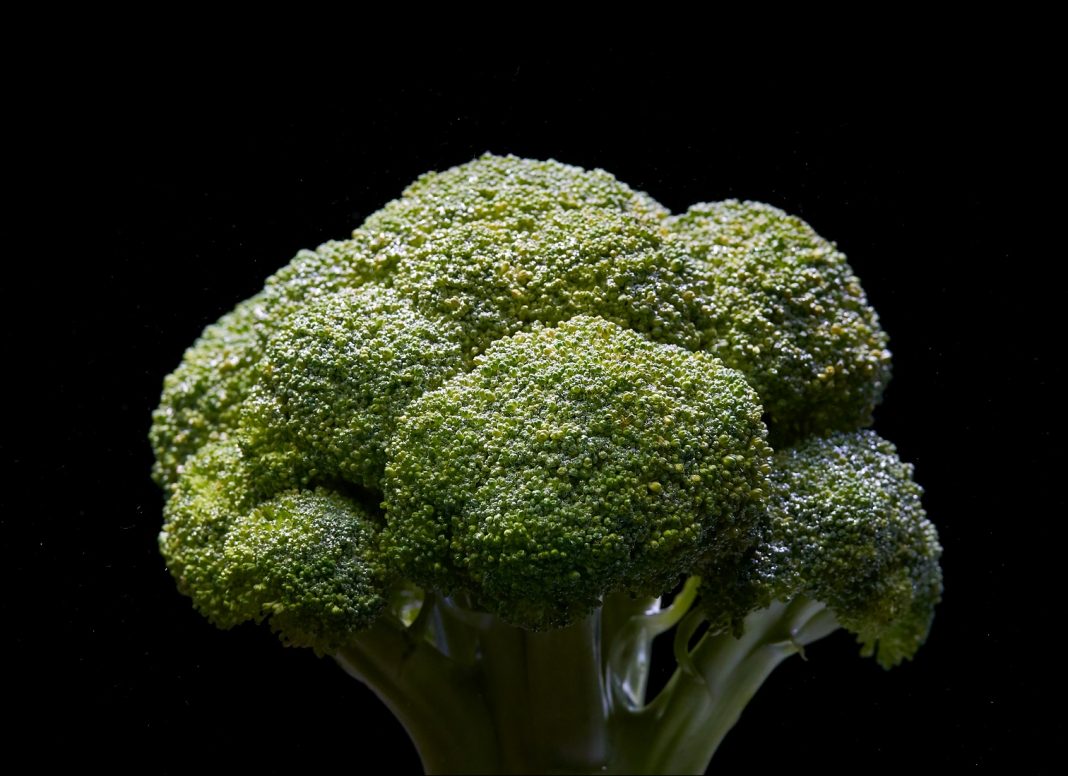It is well known that broccoli and other cruciferous vegetables like cauliflower, cabbage, collard greens, Brussels sprouts, and kale, are a healthy part of a daily diet. Beyond that, their consumption has been linked to a decreased risk of cancer.
Now, a new study from researchers at Harvard Medical School have shed light on the greens’ health benefits by demonstrating that targeting a gene, known as WWP1, with an ingredient found in broccoli, suppressed tumor growth in cancer-prone lab animals. The results are published in Science in a paper titled “Reactivation of PTEN tumor suppressor for cancer treatment through inhibition of a MYC-WWP1 inhibitory pathway.”
“We found a new important player that drives a pathway critical to the development of cancer, an enzyme that can be inhibited with a natural compound found in broccoli and other cruciferous vegetables,” said Pier Paolo Pandolfi, MD, PhD, director of the Cancer Center and Cancer Research Institute at Beth Israel Deaconess Medical Center and senior author on the paper. “This pathway emerges not only as a regulator for tumor growth control, but also as an Achilles’ heel we can target with therapeutic options.”
The protein PTEN is a phosphatase and tumor suppressor, active in its dimer configuration at the plasma membrane, whose activity is often decreased in human cancers. Certain inherited PTEN mutations can cause syndromes characterized by cancer susceptibility and developmental defects. Activation of tumor suppressors for the treatment of human cancer has been a long sought, yet elusive, strategy for an effective therapy.
The researchers at Harvard Medical School identified a ubiquitin E3 ligase WWP1 (WW domain–containing ubiquitin E3 ligase 1) as a PTEN-interacting protein that modifies PTEN and inhibits its tumor suppressive activity. Polyubiquitination by WWP1 suppressed the dimerization, membrane recruitment, and function of PTEN. Either genetic ablation or pharmacological inhibition of WWP1 triggered PTEN reactivation and unleashed tumor suppressive activity. WWP1 appears to be a direct MYC (MYC proto-oncogene) target gene critical for MYC-driven tumorigenesis.
By analyzing the structure of WWP1, the research team’s chemists identified indole-3-carbinol (I3C), a compound found in cruciferous vegetables, as a natural and potent pharmacological WWP1 inhibitor. When Pandolfi and colleagues administered I3C to cancer-prone lab animals, they found that the naturally occurring ingredient in broccoli inactivated WWP1, allowing for PTEN’s tumor suppressive power to be restored.
But, the possibility of getting these types of benefits solely from food is doubtful. First author Yu-Ru Lee, PhD, noted you’d have to eat nearly six pounds of uncooked Brussel sprouts a day to reap their potential anticancer benefit. For this reason, the team is seeking other ways to leverage this new knowledge and plans to further study the function of WWP1 with the ultimate goal of developing more potent WWP1 inhibitors.
“Either genetic or pharmacological inactivation of WWP1 with either CRISPR technology or I3C could restore PTEN function and further unleash its tumor suppressive activity,” said Pandolfi. “These findings pave the way toward a long-sought tumor suppressor reactivation approach to cancer treatment.”


